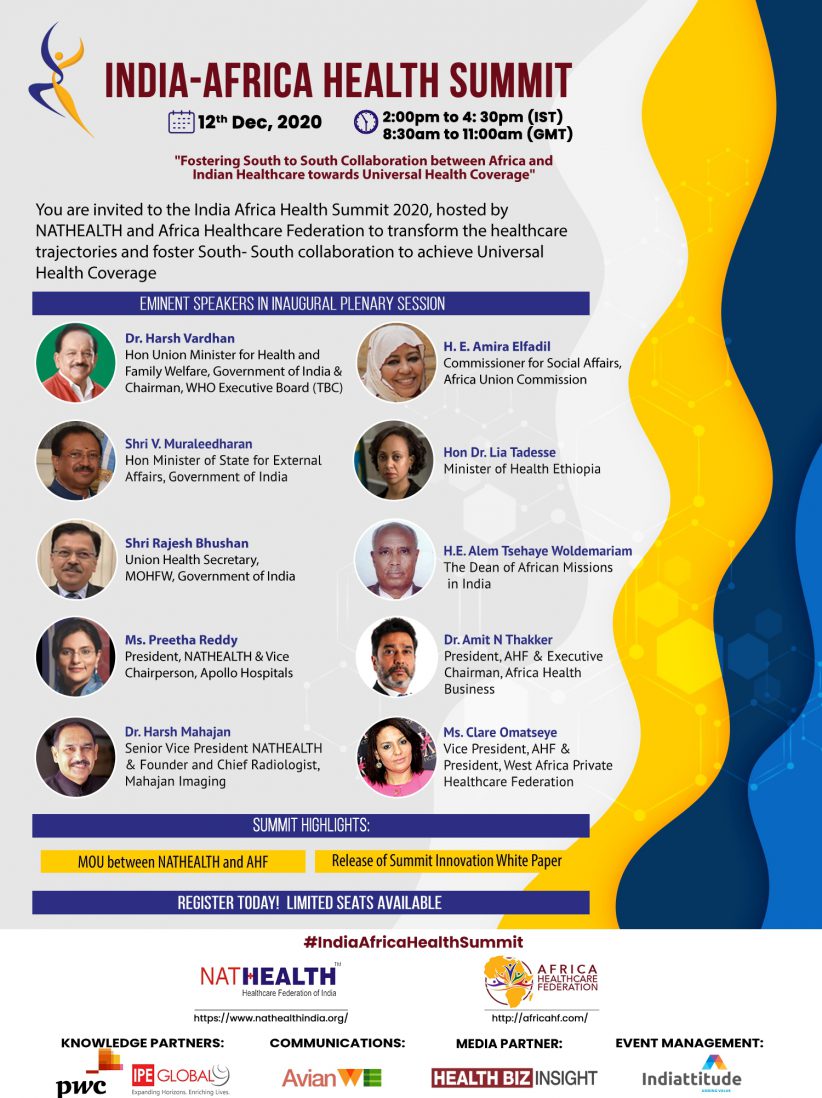The COVID-19 pandemic is believed to be the biggest global health calamity of the century and the greatestThe COVID-19 pandemic is believed to be the biggest global health calamity of the century and the greatestchallenge before the world since the Second World War. The coronavirus outbreak has disrupted the globaleconomy, the healthcare and socio-economic fabric of countries. Nations are struggling to slow down thetransmission of the disease by testing & treating patients, contact tracing, maintaining complete or partiallockdowns and also investing in greater research to find a timely cure. The UN’s Framework for ImmediateSocio-Economic Response to the COVID 19 Crisis has warned that “The COVID-19 pandemic is far morethan a health crisis: it is affecting societies and economies at their core. While the impact of the pandemicwill vary from country to country, it will most likely increase poverty and inequalities at a global scale,making the achievement of Sustainable Development Goals even more urgent. Addressing the impact ofthe COVID-19 crisis on societies, economies and vulnerable groups is fundamental to inform and tailor theresponses of governments and partners to recover from the crisis and ensure that no one is left behind inthis effort. Without urgent socio-economic responses, global suffering will escalate, jeopardizing lives andlivelihoods for years to come. Immediate development responses in this crisis must be undertaken with aneye to the future”.
Numerous studies and news reports in recent times have assessed the impact of COVID-19 on theNumerous studies and news reports in recent times have assessed the impact of COVID-19 on theeconomy, industry and investment opportunities in societies. In particular, the healthcare sectorcomprising service providers, hospitals, diagnostics, counselling, psychiatric and rehab care, education andmedical tourism have been severely affected because of successive lockdowns, dip in footfalls andcustomer demand, postponement of elective surgeries and with most hospitals now struggling tofunctioning as full-time or hybrid COVID facilities while ensuring safety of patients. In addition, there hasalso been a ripple effect on other allied industries connected to healthcare, such as those manufacturing,supplying and providing equipment, medical devices, health insurance and clinical trial services.
The pandemic has proved that the public and private healthcare sector have to chart a forward pathThe pandemic has proved that the public and private healthcare sector have to chart a forward pathtogether to remedy the short terms problems caused due to COVID-19 and also address the long-standingstructural gaps for meeting critical demands. Some immediate national and cross-cutting sectorialmeasures are required to bring in increased investments in health infrastructure, ensuring continuity ofhealth services, improving emergency preparedness, supporting the skilling, service and manufacturingsectors. Countries will have to cautiously adjust spending, attract industrial investments to spur growth,address immediate economic shock and rising unemployment. While we have shown solidarity and stoodbehind our doctors, nurses and essential staff across countries, this must translate into real benefits for thesector across multiple channels.
The planned summit organized by NATHEALTH and Africa Healthcare Federation seeks to address theThe planned summit organized by NATHEALTH and Africa Healthcare Federation seeks to address theabove critical issues and reemphasize the fact that federations and associations across countries must usethis time to engage, collaborate, deliberate. They must also attempt to find solutions to the barriers ofaccess to quality healthcare, building essential infrastructure for patients, harness technology, address theshortage of skilled workforce and medical professionals and ways to improve patient outcomes. It isimperative that Government and industry leaders come together and help create a mechanism throughwhich we can create a conducive policy, regulatory and legal framework around which public-privatepartnership models can be developed seamlessly on a sustainable basis. Both AHF and NATHEALTH areready to bring industry support behind this to make national programmes successful while opening thedoors for UHC and scale-up of health care accessibility.
The half-day summit will bring key national and international stakeholders and leaders from Africa andThe half-day summit will bring key national and international stakeholders and leaders from Africa andIndia together to forge a strong partnership and areas of cooperation with discussions and presentationson short term and long term focus areas. The summit will witness the setting up of task forces on presentsignificant issues of sustainable and medical value travel, skill transfer, infrastructure development(hospitals and diagnostics), training, research, artificial intelligence and manufacturing. A white paperrelease on South-South innovation transfer will be an additional highlight at the event. A landmark occasionof its kind between India and African federations, the program will chart a new course to bring in muchneededchanges in the healthcare trajectories of India and Africa.
Organizational profiles
Organizational profilesAFRICA HEALTHCARE FEDERATION
Africa Healthcare Federation is a pan-African umbrella organization currently unifying 27 privatefederations under 2 fully formed regional federations, The West African Healthcare Federation (FAOSPS)and the East African Healthcare Federation (EAHF). The private sector delivers upwards of 50 percent ofall healthcare in Africa. Despite its significant and growing role, it struggles to be heard at a national,regional, and continental level, to access resources, and to participate in collaborative efforts. AHF strivesto amplify the voice of the private sector, facilitate cross-federation learnings, and promote public-privatepartnerships to improve health outcomes for all Africans.
Africa Healthcare Federation aims to advocate for, mentor, support, and unify the private health sectorand harness private sector potential through a three-pronged approach of unifying the private sector,developing health markets and engaging private and public actors. AHF has worked to mentor countryfederations to ensure sustainability after inception through targeted and contextualized technicalassistance informed by strategic sessions co-led with country federations. Through its engagement withMinistries of Health, the African Union, and other regulatory bodies, AHF fosters a supportive policyenvironment that enables the private sector to work collaboratively with the public sector towardsUniversal Health Care (UHC) via Public-Private Partnerships (PPP) and private sector advocacy.http://africahf.com
NATHEALTH-HEALTHCARE FEDERATION OF INDIA
NATHEALTH-Healthcare Federation of India has been created with the vision to “Be the credible and unifiedvoice of the healthcare ecosystem in improving access and quality of healthcare”. Leading healthcareservice providers, medical technology providers (devices & equipment), diagnostic service providers, healthinsurance companies, health education institutions, healthcare publishers and other stakeholders havecome together to build NATHEALTH as a common platform to power the next wave of progress in Indianhealthcare. It is an inclusive institution that has representation of small & medium hospitals and nursinghomes. NATHEALTH is committed to working on its mission to encourage innovation, help develop andoptimize healthcare infrastructure, bridge the skill and capacity gap, assist in shaping policy & regulations,support best practices, promote accreditation and enable the environment to fund long term growth. Itaims to help build a better and healthier future for both rural and urban India. www.nathealthindia.org






